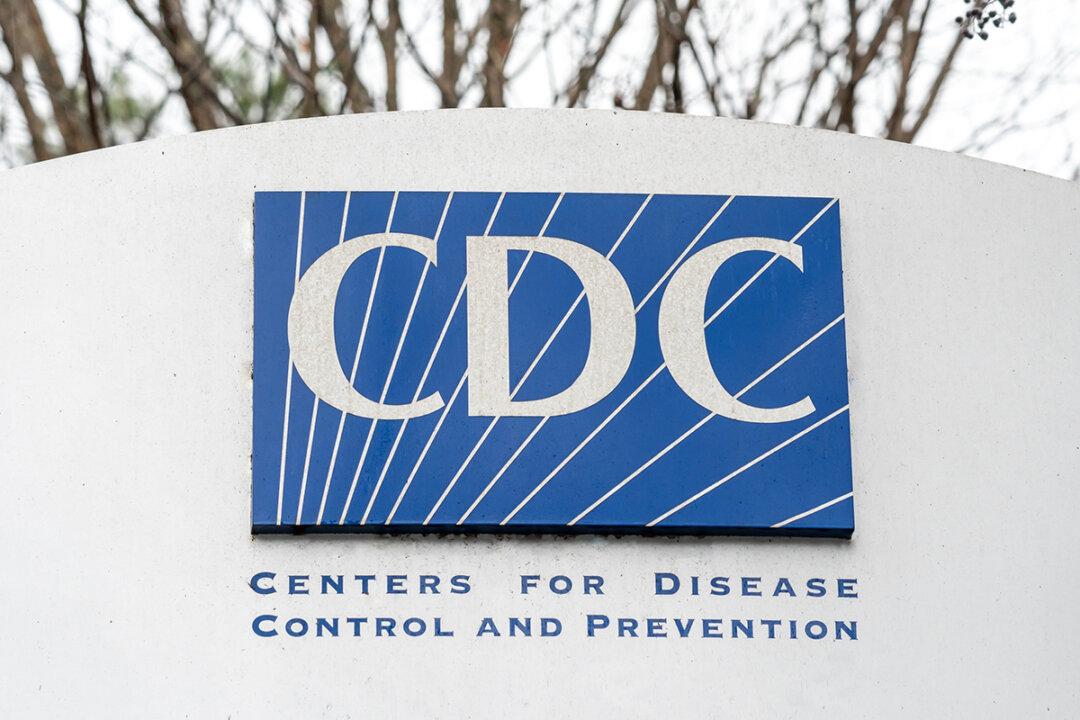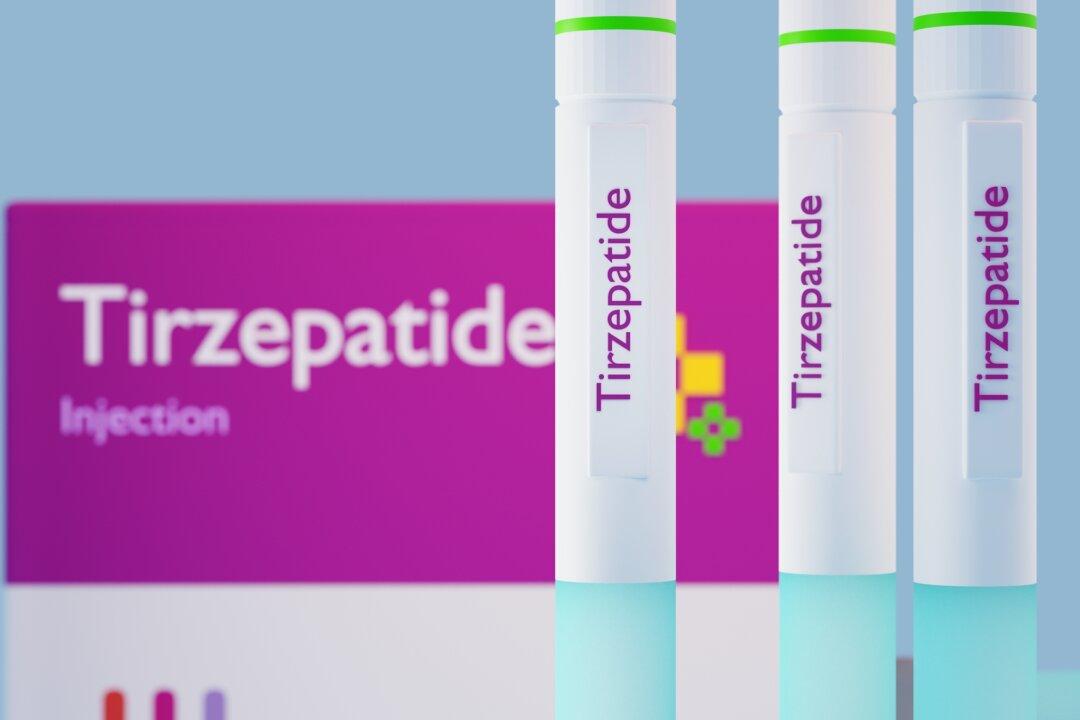The United States is seeing an alarming upward trend in babies born with congenital syphilis, with cases in one state seeing as high as a 1,000 percent spike.
A recent report published by the U.S. Centers for Disease Control and Prevention (CDC) looked at discharge data from Mississippi hospitals between 2016 and 2022 and found congenital syphilis (CS) had increased tenfold. The total number of infants diagnosed with the disease, passed down from pregnant mothers to their babies, during the seven-year time frame amounted to 367 infants.






